Composting at The Spring Gardens
At The Spring Gardens, we use a variety of composting methods to recycle our greens into a nutrient-rich soil amendment.
It is a great place to see composting methods at work because almost every style is in use here, from simple chicken-wire hoops and trash cans with drainage holes to more complex rotating systems, including a zigzag compartment composter. Gardeners recycle their weeds and dead plant matter in their personal composting containers in their garden beds.
There is a larger composting center near the North Street entrance for weeds and plant matter from the community beds and City Harvest plots (This space is not available to gardeners). Philadelphia’s City Harvest program donated the large rotating barrel composter, and we also have a multi-bin system. The composting committee is led by Doris Stahl, an expert in all growing methods who formerly worked for the Penn State Agriculture Extension office.
Unfortunately, due to the surplus of plant material from our own garden, and the limited amount of volunteer power, at this time our garden is unable to accept food scraps for composting from the community. If you wish to start composting, we recommend reaching out Bennett Compost, who help us with our surplus green material, or Circle Compost. Clean PHL has a great list of other companies that also compost, you can find that list here.
Below are some recommendations if you would like to get started in composting:
Suggested Composting Practices
Gather what you have weeded from your garden.
Chop or shred materials into small pieces. Chopping the plants into smaller pieces helps them compost faster.
Layer 1 part GREENS to 3 parts BROWNS.
GREENS include fresh grass trimmings and weeds are high in nitrogen. Soil, manure or fertilizers are also greens.
BROWNS are dry leaves and dead plants that are high in carbon.
Add water to moisten. It should be as wet as a wrung-out sponge.
Turn the pile to mix the GREENS and BROWNS.
During rainy periods, cover the pile to keep it from getting too wet.
Compost Ingredients
Grass clippings
Leaves
Weeds
Coffee grounds
Onion peels
Potato peels
Spoiled fruit
Spoiled vegetables
Manure (not fresh)
Soil
Avoid Composting
Wood
Newspaper
Cooked food
Fatty leftovers
Meat
Cheese
Bread
Animal Waste (cats or dogs)
Compost Essentials
AIR: The bacteria that are most efficient in breaking down organic matter require air. Without proper air circulation the pile will heat up more slowly and may begin to smell.
WATER: Dry plant waste decomposes slowly. To speed the process during dry spells, sprinkle in some water as you add plant waste or turn the pile. Don’t overdo it. Valuable nutrients will run off during heavy rains. During wet weather, cover the pile with a sheet of plastic.
REMINDER: Every gardener needs to provide their own composting system. If you need assistance, ask the Composting Committee for help putting your system together.


